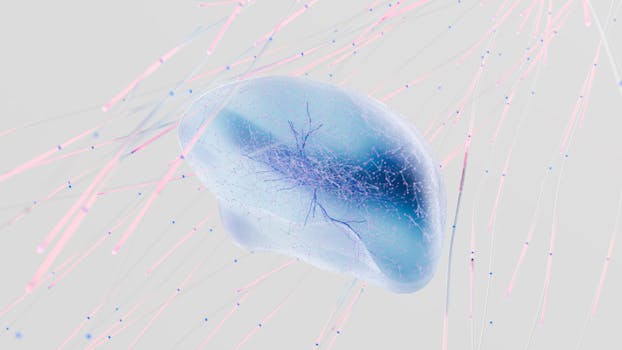Recently, the Nobel Prize was awarded to two scientists who have made significant contributions to the field of artificial intelligence—John Hopfield and Geoffrey Hinton. These two scientists, often referred to as the 'Godfathers of AI,' laid the foundation for modern recommendation systems and generative AI. Surprisingly, they now express concerns about the power and potential risks of their own research.


The work of John Hopfield and Geoffrey Hinton has not only advanced the development of neural networks but also provided the theoretical basis for many modern technological applications. Hopfield networks excel in memory storage and pattern recognition, while Hinton's backpropagation algorithm plays a crucial role in training deep neural networks. These technologies are widely applied, from personalized recommendations on social media to autonomous vehicles and medical diagnostic systems.
Despite the tremendous benefits these technologies bring, both scientists are aware of the potential negative impacts. Hopfield notes that as AI systems become increasingly complex, their behavior becomes harder to predict, potentially leading to unforeseen problems. Hinton is concerned that if AI systems are misused, they could pose serious threats to society. For example, generative AI can be used to create fake news and misinformation, influencing public opinion. Additionally, recommendation systems might exacerbate social polarization, making people more entrenched in their beliefs.

In light of these challenges, both scientists call for increased research and regulation of AI ethics. They believe that technological development must go hand in hand with ethical and social responsibility. At the same time, they encourage young researchers to consider the societal impact of their innovations while pursuing technological advancements. After all, the development of technology should not be just for its own sake but to better serve human society.
In this era of opportunities and challenges, we must not only thank these pioneers for paving the way but also seriously consider how to enjoy the conveniences of technology while avoiding potential risks. As Hopfield and Hinton suggest, the road ahead is long, and we need to move forward together.
